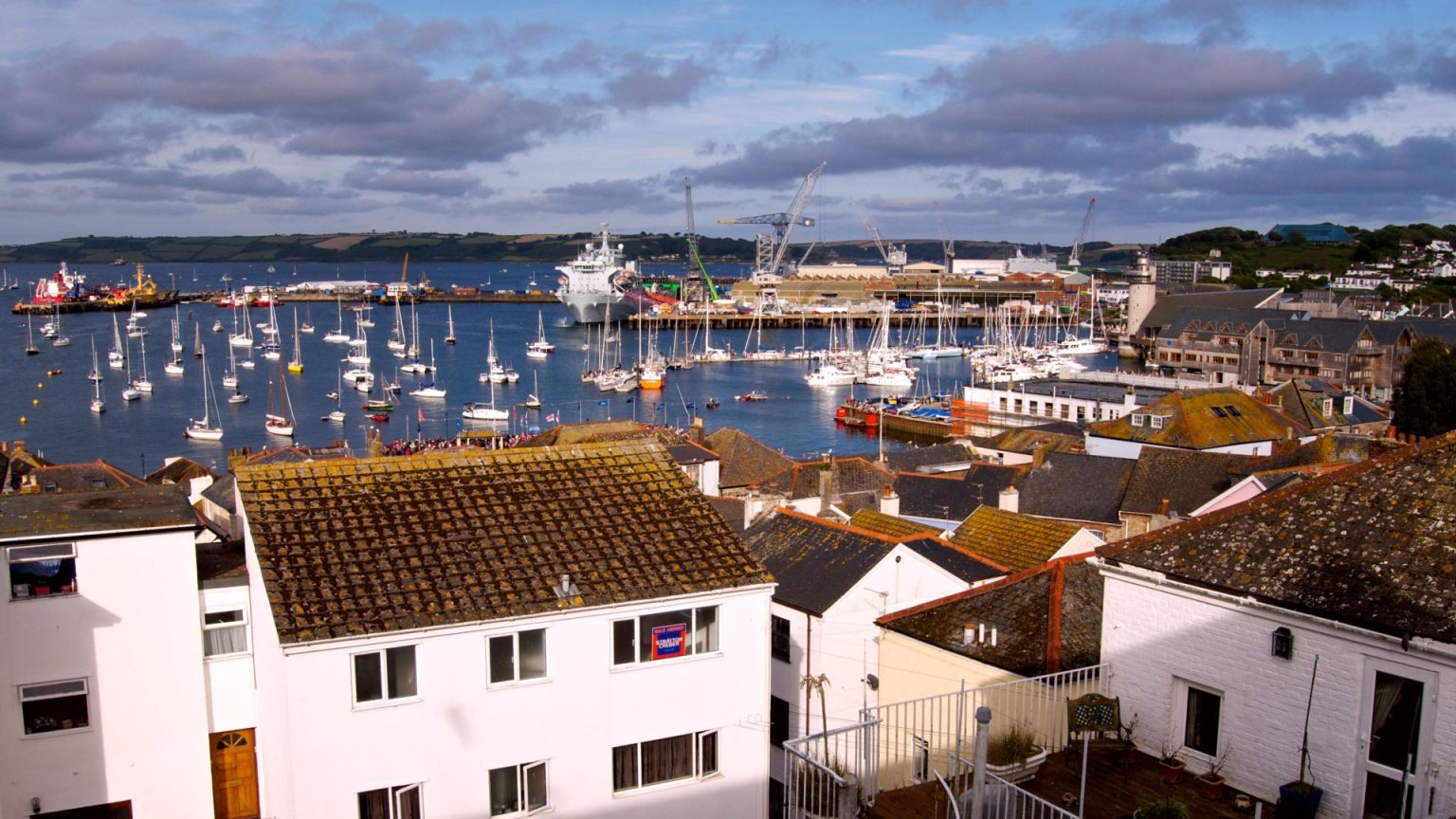Falmouth, a picturesque coastal town nestled in Cornwall, southwest England, found itself at the center of an unexpected controversy in early 2024. The satirical website ILIVEHERE, known for its tongue-in-cheek polls, crowned Falmouth the “most depressing town” in the UK, a title typically held by Peterborough. This decision, based on reader votes, sparked a wave of confusion and indignation among Falmouth residents, who vehemently defended their beloved town against the unflattering label. The website’s rationale cited a “soul-destroying mediocrity with a gaping cultural void,” a description starkly contrasting with the vibrant art scene and friendly community championed by locals. The close margin of victory – a mere 27 votes – further fueled the debate, raising questions about the poll’s representativeness and the motivations behind the votes.
The controversy highlights the subjective nature of such pronouncements and the potential disconnect between external perceptions and lived experiences. Falmouth, with its stunning coastal walks, diverse population, and bustling summer atmosphere, is viewed by its residents as anything but depressing. They point to the town’s natural beauty, its welcoming atmosphere, and its thriving cultural scene as evidence against the label. The irony of the situation is further amplified by the town’s relatively high property values, with average house prices nearing £400,000 and detached houses reaching £620,000, suggesting a desirability that contradicts the “depressing” tag. This disparity underscores the limitations of relying solely on online polls to assess a town’s character and the importance of considering diverse perspectives.
ILIVEHERE’s judges, while admitting their lack of firsthand knowledge of Falmouth, attributed the town’s “victory” to the power of social media and word-of-mouth. They speculated that Falmouth’s picturesque appearance might be a superficial facade masking underlying issues, echoing a common criticism leveled against popular tourist destinations. They also suggested that gentrification, a process often associated with rising property prices and displacement of local residents, might be a contributing factor to the town’s perceived decline. This insinuation further inflamed local sentiment, highlighting the complex social and economic dynamics at play in coastal communities like Falmouth.
The judges’ provocative comments, including their intention to visit Falmouth and stay in an Airbnb “owned by a London landlord that a local family once lived in,” further fueled the controversy. This statement touched upon the sensitive issue of second homes and the impact of tourism on local housing markets, a topic of ongoing debate in Cornwall and other popular tourist destinations. The suggestion of Falmouth being a “sterile socially cleansed fishing theme park for DFLs” (Down From London) further antagonized residents, who view their town as a vibrant community with a rich history and culture.
The incident underscores the potential pitfalls of relying on subjective online polls to form judgments about places. While such polls can be entertaining and generate discussion, they often lack the nuance and depth required to capture the true essence of a town or city. Falmouth, with its beautiful scenery, thriving arts scene, and welcoming community, is a testament to the limitations of such simplistic classifications. The contrast between the online perception and the on-the-ground reality serves as a reminder of the importance of considering diverse perspectives and engaging in meaningful dialogue before drawing conclusions.
The “most depressing town” label, while intended as satire, sparked a serious conversation about the challenges facing coastal communities like Falmouth. The debate highlighted issues such as gentrification, the impact of tourism on local housing markets, and the struggle to maintain a sense of community in the face of social and economic change. While the ILIVEHERE poll may have been designed for entertainment purposes, it inadvertently shed light on deeper issues that deserve attention and thoughtful consideration. The passionate response from Falmouth residents underscored the importance of local voices in shaping the narrative about their town and the need for a more nuanced understanding of the complexities of life in coastal communities.











